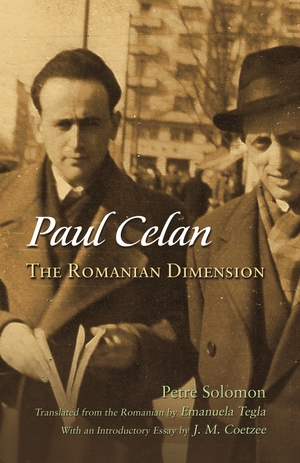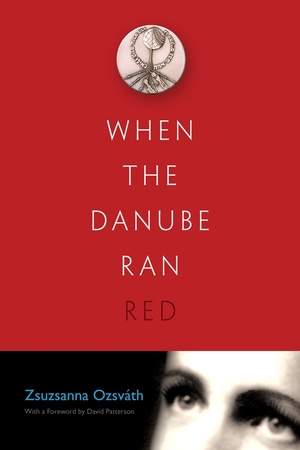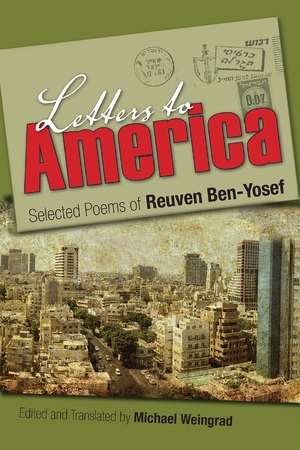"This volume is a courageous contribution to a world view of poetry and to poetic possibility."—New York Journal of Books
"[This] present collection soars on two levels. First, the poetry is exquisite and draws readers in, thanks to the editors' wise selections and the enchanting translations. Thus, the volume is invaluable for those interested in creative writing: developing poets can learn about forms and the esteem in which poets are held and their sense of mission: 'a poet / Sacred, the prophet of the human' (a poem by Jeno Heltai). Second, the volume as a whole affords insight into the psyches of people striving for freedom and the excesses to which they can be driven. . . . The volume concludes with two essays—one a primer on Hungarian history by Ozsváth, the other an introduction to poetry by Turner—both providing indispensable context."—Choice
"This volume of poetry offers English readers an enjoyable and faithful introduction to the enormous contribution made by Jewish writers to the treasury of Hungarian poetry, which is itself a little-known but essential part of Western literature."—The Jerusalem Report
Description
The pure verbal energy characterizing Hungarian poetry may be regarded as one of the most striking components of Hungarian culture. More than 800 years ago, under the inspiration of classical and medieval Latin poetry, Hungarian poets began to craft a rich chain of poetic designs, much of it in response to the country’s cataclysmic history. With precision, depth, and great intensity, these verses give accounts of their authors’ vision of themselves as participants in history and their most personal experience in the world.
Light within the Shade includes 135 of the most important Hungarian poems ranging from the fourteenth to the twenty-first century. Organized in chronological order, the poems are followed by an essay by Ozsváth providing the historical, biographical, and cultural background of the poets and the poetry. The book concludes with Turner’s essay on the special thematic and literary qualities of Hungarian poetry, as well as notes on translation practices. This essential volume exposes English-speaking readers to Hungarian poetry’s artistic achievement in history and culture, its evolutionary development as a tradition, and its significance within the context of world literature.
About the Author
Zsuzsanna Ozsváth holds the Leah and Paul Lewis Chair of Holocaust Studies at the University of Texas at Dallas, where she is also director of the Ackerman Center for Holocaust Studies.
Frederick Turner is Founders Professor of Arts and Humanities at the University of Texas at Dallas.
6 x 9, 296 pages
March 2022




